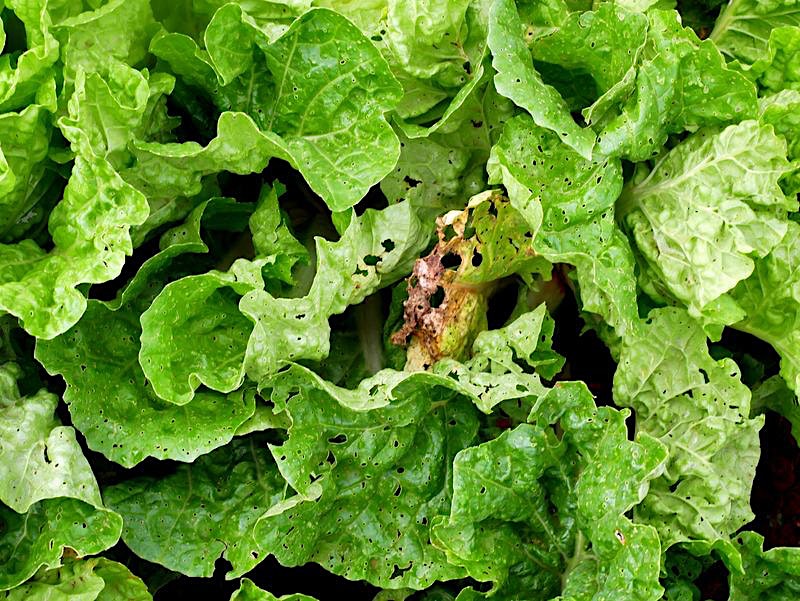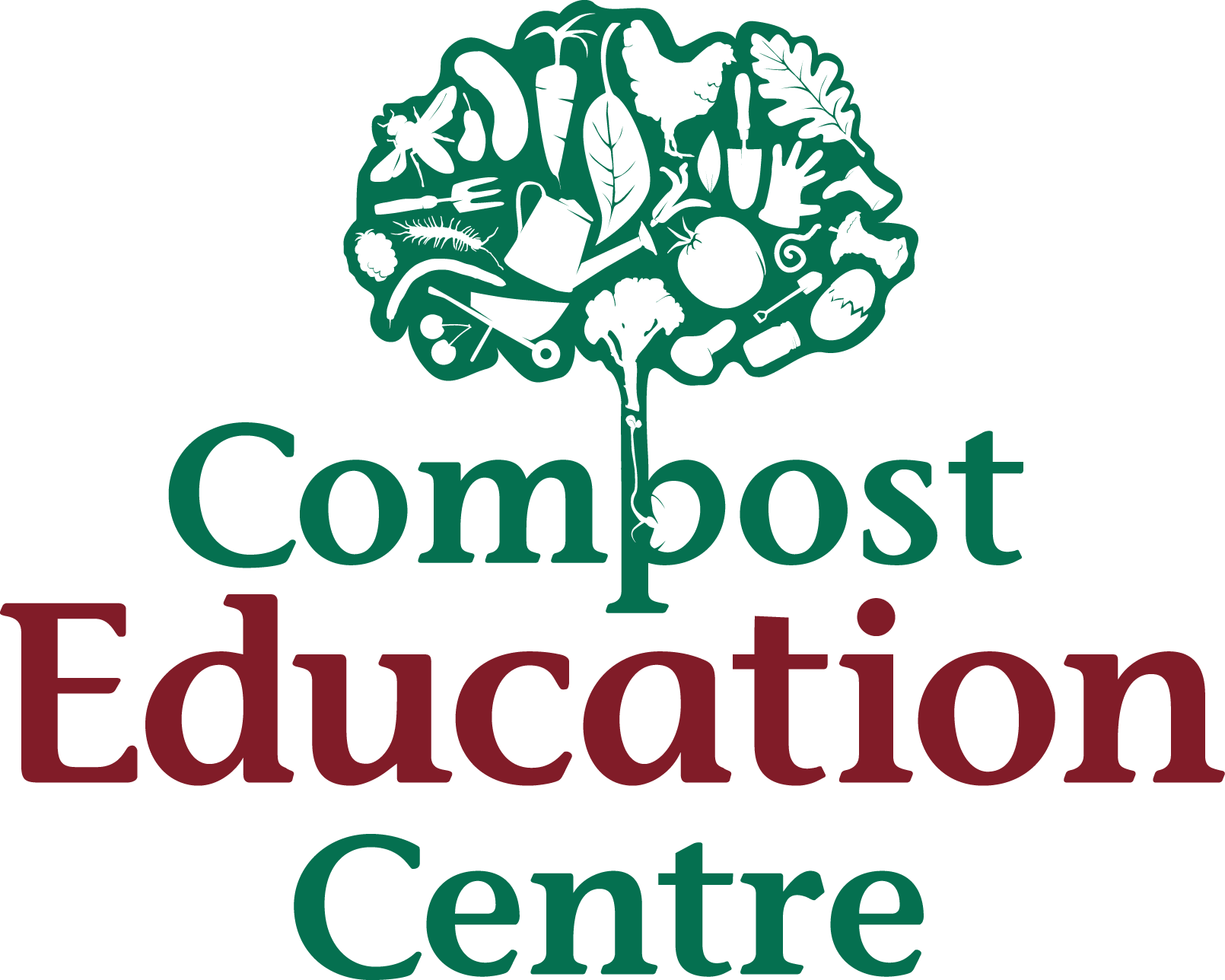
- This event has passed.
Managing Pests & Diseases in your Organic Vegetable Garden
May 6, 2023 @ 1:00 pm – 3:00 pm

Linda will cover how to identify problems and when to use the organic and non-toxic control methods available to home gardeners. The emphasis will be on simple ways to prevent damage from common pests and diseases, including how to attract beneficial insects that control aphids, caterpillars and other insects.
Instructor Bio:
Linda earned a Ph.D. in Entomology from McGill University in 1986, then moved to British Columbia to work for Applied Bio-Nomics Ltd., a company that produces biological controls. From 1991 to 2002 she worked for the provincial government, promoting programs to reduce and eliminate pesticide use. She was head of the provincial State of Environment Reporting Unit for the next six years, then the Executive Director of the Salt Spring Island Conservancy until the end of 2011. Linda now devotes her time to writing, teaching and consulting.
Linda’s comprehensive gardening book, Backyard Bounty: The Complete Guide to year-Round Organic Gardening in the Pacific Northwest, became a BC best seller and has just been republished in a new, considerably expanded edition. She continues to self-publish books for local gardeners, most recently Resilient Gardens: Pollinator Gardens, Garlic Diseases, Pest Update. In the past she has co-authored pest management training manuals for the provincial government and organic gardening books for Rodale Press.
As a private consultant, Linda is a regular instructor in the Master Gardener programs in BC and is busy year around giving workshops on pest management and organic gardening.
Linda has served as President of the Entomological Society of Canada, the Professional Pest Management Association of BC, the Entomological Society of BC and the Salt Spring Island Garden Club. She was awarded a Queen’s Jubilee medal in 2003 and an outstanding achievement award from the Professional Pest Management Association of BC in 2005.
_____________________________________________________________________________________________________
This workshop will be hosted live online via Zoom. Registered participants will receive a Zoom link by email 1 hour before the workshop starts. If you do not see the email, check your junk folder, if you still do not see it, call the centre at 250-386-9676 for immediate assistance.
_____________________________________________________________________________________________________
Only current members in good standing are eligible to use the free ticket option as a part of their member benefits package.
There are a limited number of Pay What You Can tickets available for folks who self-identify as Black, Indigenous, and People of Colour (BIPOC), and people who are facing significant financial barriers to their involvement in our programming. The Compost Education Centre is continually in the process of examining the ways in which our program accessibility can be improved for all members of our community. This ticket gesture is by no means a fulsome examination of the systems of oppression that exist for people inside and outside of our community. We welcome your ideas and feedback.
You must pre-register for this event.
Customers can request a refund within 30 days of ticket purchase. After 30 days refunds and workshop exchanges are not permitted due to administrative staffing capacity. Please be in touch if you are no longer able to attend but hold a ticket so we can make your space available to someone else.
You can also register for the event by calling our office at 250 386 9676 or via email by contacting office@compost.bc.ca
_____________________________________________________________________________________________________
The Compost Education Centre is located on unceeded and occupied Indigenous territories, specifically the land of the Lekwungen people— specifically the Esquimalt and Songhees Nations. These nations are two of many, made up of individuals who have lived within the porous boundaries of what is considered Coast Salish, Nuu-Chah-Nulth and Kwakwa’wakw Territory (Vancouver Island) since time immemorial. At the CEC we seek to respect, honour and continually grow our own understandings of Indigenous rights and history, and to fulfill our responsibilities as settlers, who live and work directly with the land and its complex, vital ecologies and our diverse, evolving communities.
